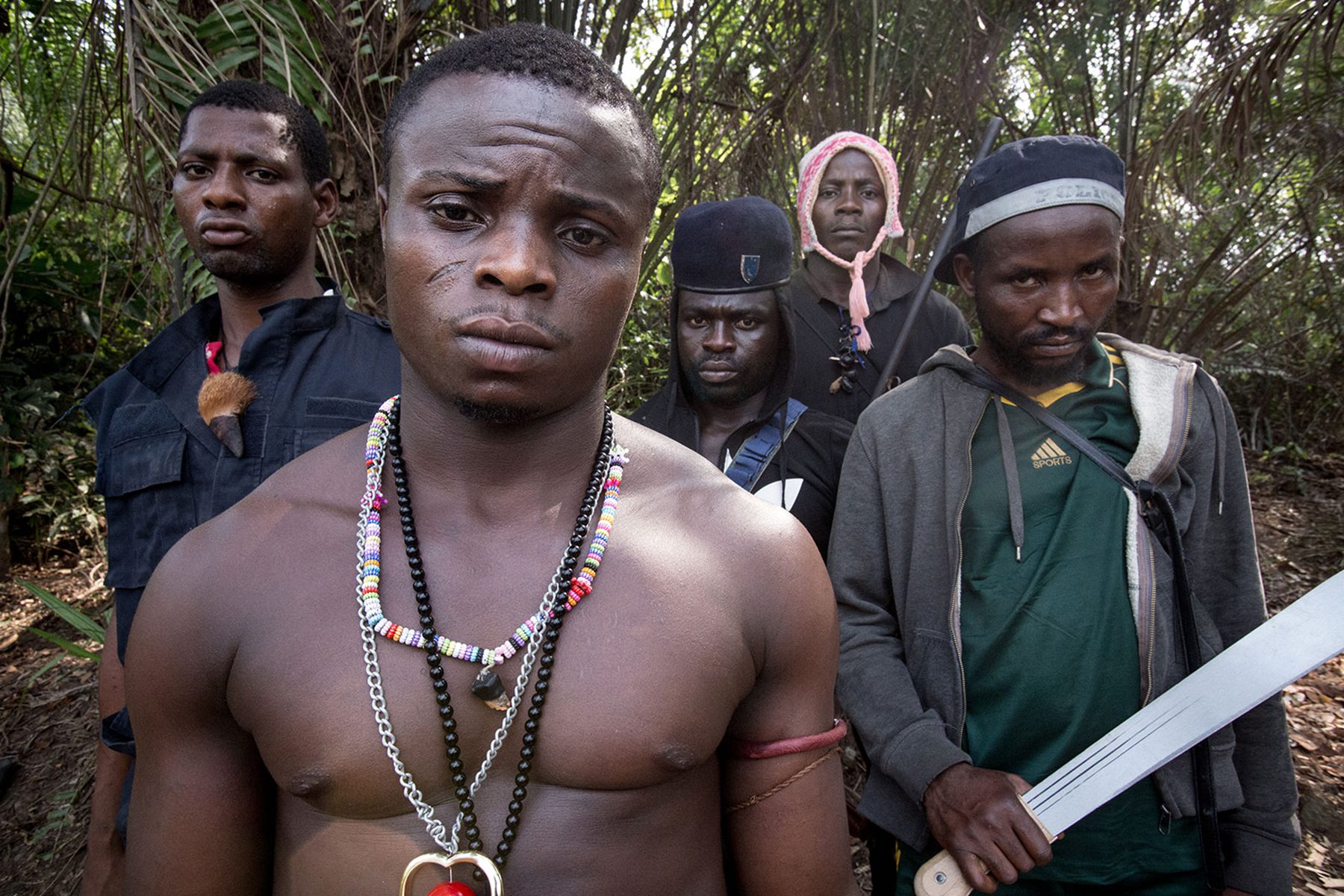The following is the video and transcription of African Liberty’s contributor, Scott Morgan before the Canadian Parliament on Thursday, Jun 13, 2019, 12:05 PM – 1:58 PM
Good Afternoon. My name is Scott Morgan, and I am the Chair of the Africa Working Group for the International Religious Freedom Roundtable in Washington, D.C. Although the group includes various representations from several religious groups, it should be noted that I am making these remarks on my own behalf.
It would be a great disservice without thanking MP Anderson for the invitation to brief the honorable members of the Parliament and for his service defending Freedom of Religion or Belief.
The Issue of defending religious liberty in Cameroon is a difficult task at this time. The media is eager to categorize the violence as a one-dimensional conflict between the state and separatists and overlook the religious components. How can we turn a blind eye to the death in Cameroon of Indiana-born missionary Charles Trumann Wesco, who left behind eight young children, or the murder of innocent priests traveling for training?
Moreover, the abduction of Cameroonian students at Saint Augustin’s College and another Presbyterian school highlight another debate over religious education. Attempting to coerce English-speakers in Cameroon to switch to French as their primary language has been viewed by most everyone as the root cause of the perilous violence in the Southwest Anglophone region.
Meeting No. 159 SDIR – Subcommittee on International Human Rights of the Standing Committee on Foreign Affairs and International Development
The issue in which Mbororos are being forced to swear loyalty to the government can be viewed as a counterintelligence strategy. This gives the government some cover so as to vindicate the arbitrary and devastating deaths of priests, nuns, seminary students, and missionaries. This action will likely exacerbate the conflict and even transform it into a recognized religious struggle, and it appears that this is the price that the Biya government is willing to pay to remain in power.
The repatriation of Refugees back to Nigeria soon after the Buhari reelection is also a matter of grave concern when considering the safety of Nigerians in their home country rampant with violence at the hands of Boko Haram. The silence over the refugees from the Central African Republic, and the reports of Seleka and Anti-Balaka militants recruiting fighters in the camps, combined with all of the above issues, work together to create a ticking time bomb that must be addressed before the situation further intensifies.
The Biya government has done an excellent job at media spin. Several videos that have appeared on social media platforms have been discredited as propaganda or fake news. This makes verification of various and potentially treacherous incidents more difficult. Local stringers for International Media Outlets are actually working for CRTV. The Cameroon government has taken other measures to ensure that these atrocities do not see the light of day. I am willing to explain some of their moves in Washington during the Q&A.
Recently, there have been many requests for the Canadian Government to step in and mediate to help resolve this conflict, considering the history regarding the Quebec issue. Mediation may be the only viable solution for this conflict. In a recent statement, US Undersecretary of State for Africa, Tibor Nagy, stressed the necessity for mediation as well. This statement can be read as an official policy by the Trump Administration. I urge a consultation with Mr. Nagy as soon as possible. H Res 358, which has been introduced in the US Congress, also calls for mediation to take place and be conducted by the religious community. Having a provision to safeguard the leaders not mentioned is an oversight in the US Legislation. This could be an easy solution for Canada to suggest as well.
It appears that the UN will take no action place to eradicate the conflict. Therefore, working with key members of the Commonwealth in the AU could be a potential avenue to use instead. The suspension of the CMAG for this year should not be a reason not to take action regarding this situation. The recent actions by the African Union in suspending Sudan for what has transpired after the ouster of former President Bashir by the Military could be a model for what should be done regarding Cameroon if properly discussed by its peers.
Scott Morgan is the President of Red Eagle Enterprises. He is a former US Marines and specializes in US Policy towards Africa focusing on Security and Asymmetrical Operations and Business Development South of the Sahara.

